EDITORIAL
Published on 11 Sep 2020
Editorial: Brain-Behaviour Interfaces in Linguistic Communication
doi 10.3389/fnhum.2020.00324
- 2,970 views
15k
Total downloads
106k
Total views and downloads
EDITORIAL
Published on 11 Sep 2020
ORIGINAL RESEARCH
Published on 02 Mar 2020
ORIGINAL RESEARCH
Published on 17 Jan 2020

ORIGINAL RESEARCH
Published on 15 Oct 2019
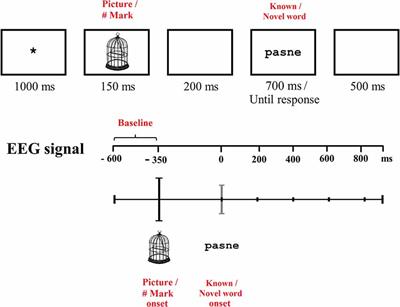
BRIEF RESEARCH REPORT
Published on 25 Sep 2019
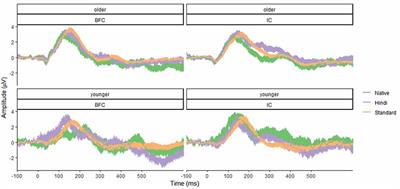
BRIEF RESEARCH REPORT
Published on 19 Sep 2019
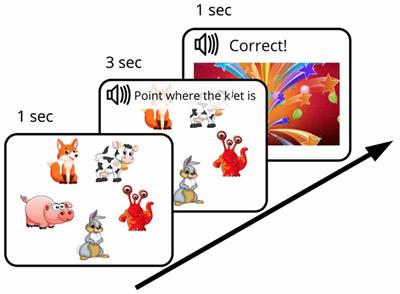
ORIGINAL RESEARCH
Published on 10 Sep 2019

ORIGINAL RESEARCH
Published on 27 Aug 2019
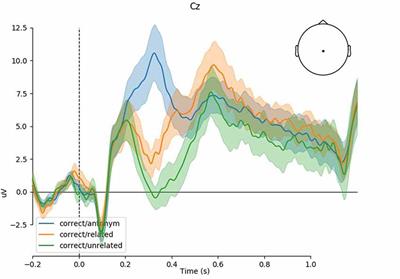
BRIEF RESEARCH REPORT
Published on 20 Aug 2019

MINI REVIEW
Published on 02 Aug 2019
ORIGINAL RESEARCH
Published on 14 Jun 2019
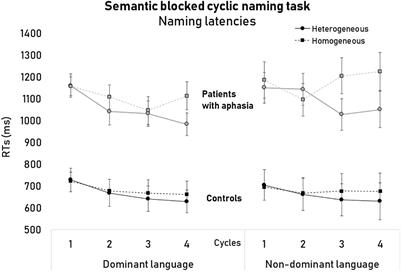
OPINION
Published on 26 Apr 2019
